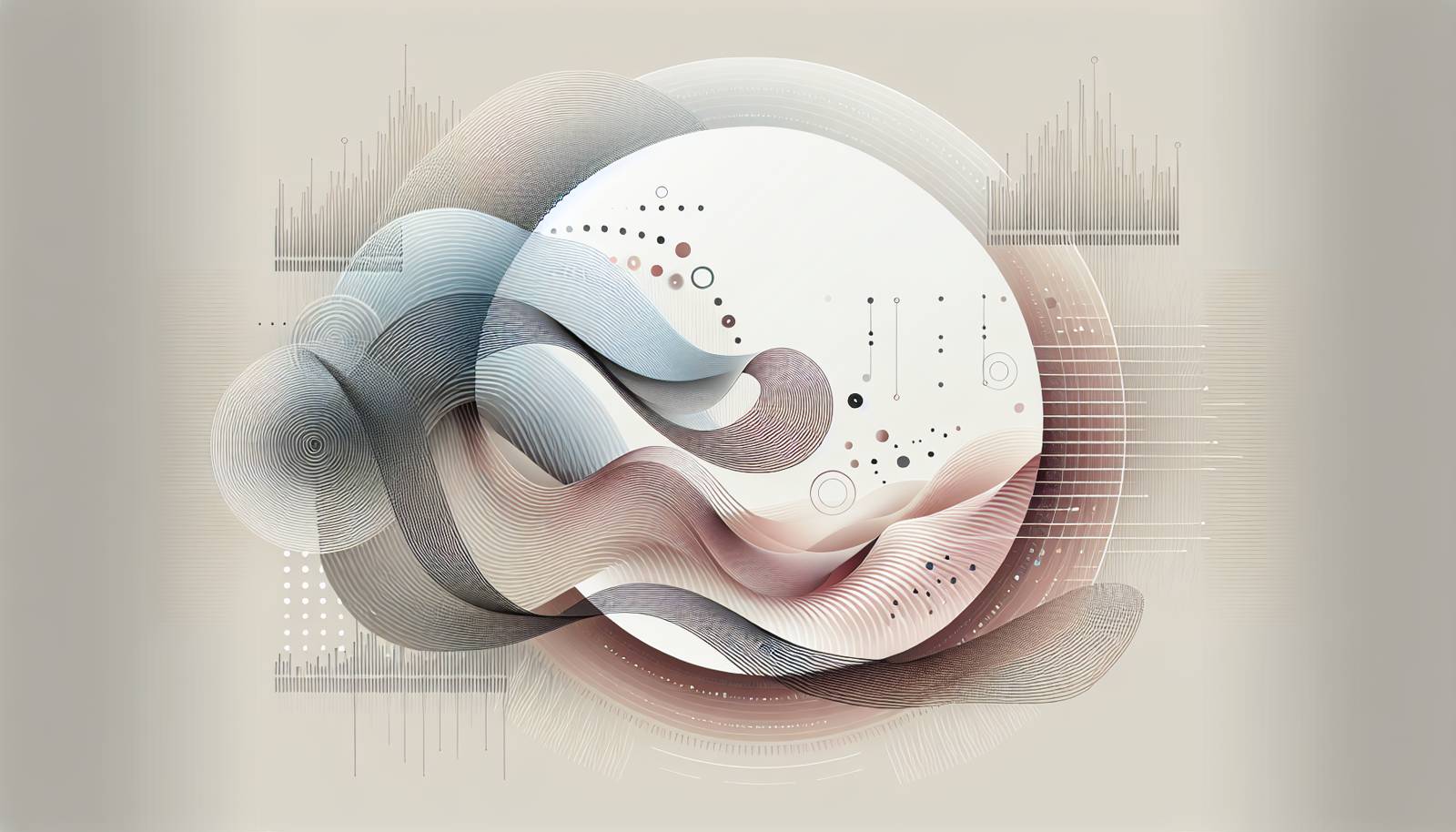
FAQ About The Evolution of Protest Music in Social Media Age

What is protest music?
Protest music is a genre of music that expresses objection to social injustices, political issues, or economic inequalities. Throughout history, it has been a means for artists to voice dissent and promote social change through lyrics and melodies that resonate with listeners.

How has social media changed protest music?
Social media has profoundly changed protest music by providing artists a platform to quickly share their music with a global audience. This instantaneous dissemination allows protest songs to become viral, encouraging rapid spread of their messages and enabling them to become part of larger social and political movements.

Why is protest music important in social movements?
Protest music plays a critical role in social movements as it serves to unify people, spread messages, and raise awareness about specific issues. It emotionally engages and motivates individuals, often becoming anthems for movements and helping maintain momentum and solidarity among participants.

Which platforms are most commonly used for protest music today?
Today, social media platforms like YouTube, Twitter, TikTok, and Instagram are commonly used to share protest music. These platforms allow for the rapid sharing and amplification of music videos and performances to a global audience.

Can protest music influence political change?
Yes, protest music has the potential to influence political change. By raising awareness, inspiring action, and bringing attention to specific issues, protest music can sway public opinion and increase pressure on political leaders and policymakers to address the concerns highlighted in the music.

How do hashtags enhance the spread of protest music?
Hashtags enhance the spread of protest music by categorizing content and making it easily discoverable. They create a sense of community and encourage user engagement, allowing people to join the conversation, spread the message further, and potentially go viral through social media sharing.

What are some famous protest songs that gained popularity through social media?
Some famous protest songs that gained popularity through social media include "This Is America" by Childish Gambino and "Alright" by Kendrick Lamar. Both songs address issues of racism and inequality and have been widely shared and discussed on platforms like Twitter and YouTube.

How do artists benefit from releasing protest music on social media?
Artists benefit from releasing protest music on social media by gaining access to a broad audience and immediate feedback. Social media allows for direct connection with listeners, fostering a community of support, and increasing the potential for greater exposure and impact of their music.

What role do live streaming platforms play in protest music?
Live streaming platforms play a significant role in protest music by allowing artists to perform in real-time to a global audience. These platforms enable immediate interaction between the artist and viewers, creating a dynamic environment for sharing powerful messages and fostering a sense of participation in social movements.

Is protest music more effective now with social media compared to before?
Protest music can be considered more effective now with social media compared to before because of its ability to reach a larger audience quickly and enlist participation from individuals globally. Social media facilitates immediate engagement, increasing the music's impact on social and political consciousness.

What characteristics define a successful protest song in the social media age?
A successful protest song in the social media age often features relatable and impactful lyrics, a compelling melody, and an ability to inspire emotional connection and action. The ease at which it can be shared and its potential to go viral through platforms and hashtags also contribute to its success.

How do artists monetize protest music on social media?
Artists can monetize protest music on social media through streaming services that pay royalties, video monetization on platforms like YouTube through ad revenue, and direct support via platforms like Patreon. Additionally, increased exposure can lead to opportunities for live performances and merchandise sales.

Has social media influenced the style or content of protest music?
Social media has influenced the style and content of protest music by encouraging shorter, more engaging formats that cater to the quick-consumption nature of these platforms. Artists may also tailor their messages to resonate with specific online communities or trending topics to maximize reach.

How do collaborations between artists on social media enhance protest music?
Collaborations between artists on social media enhance protest music by combining different styles, audiences, and perspectives, which can increase the reach and impact of the message. These partnerships can create a sense of solidarity among artists and amplify their collective voices in support of social causes.

What challenges do artists face when sharing protest music on social media?
Artists face challenges such as censorship, the potential for backlash or harassment, and the need to cut through noise in a crowded content landscape. They may also encounter difficulties in maintaining the authenticity of their messages amid pressures for viral success and monetization.

Do social media algorithms affect the exposure of protest music?
Yes, social media algorithms can significantly affect the exposure of protest music. Algorithms may prioritize certain content, affecting what reaches wider audiences. Artists often need to understand and navigate these algorithms to effectively disseminate their music and messages.

How can listeners support protest music through social media?
Listeners can support protest music through social media by sharing songs, engaging with content (liking, commenting, and subscribing), using applicable hashtags, and financially supporting artists through direct donations or purchases. Active participation in conversations around the music helps sustain its visibility and impact.

What ethical considerations exist for protest music in the age of social media?
Ethical considerations include ensuring that the messages are authentic and not exploitative, respecting the privacy and rights of individuals mentioned or portrayed, and being mindful of the impact the music has on various communities. There is also a responsibility to represent issues fairly and accurately.

How has the audience for protest music changed with social media?
The audience for protest music has expanded significantly with social media, crossing geographical and cultural boundaries with ease. Social media allows for the music to reach diverse demographics, and facilitates connections between like-minded individuals who support similar causes.

Can protest music create lasting change, or is its impact short-lived in the social media age?
While the fast-paced nature of social media can lead to fleeting attention spans, protest music has the potential to create lasting change by consistently sparking dialogue and maintaining awareness. However, its impact often depends on sustained engagement from artists, listeners, and movements beyond the initial viral moment.
